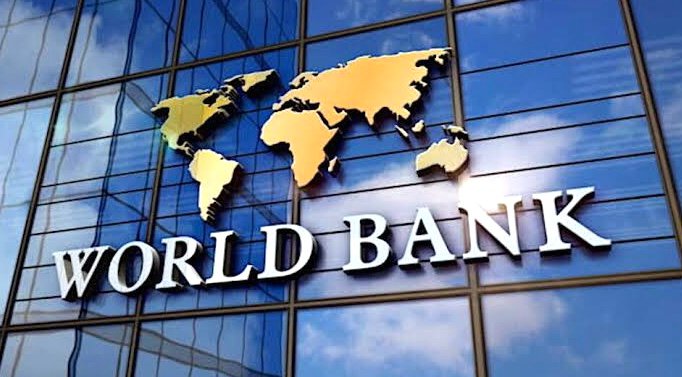The World Bank has called for urgent and strategic investment to unlock the vast economic and environmental potential of the Congo Basin’s forests, which it estimates hold more than $23 trillion in untapped value.
According to the Bank’s new report, Congo Basin Forest Ecosystem Accounts, the value of forest ecosystem services nearly doubled between 2000 and 2020 — rising from $590 billion to $1.15 trillion — while the total forest asset value increased from $11.4 trillion to $23.2 trillion over the same period.
Despite this enormous natural wealth, local governments captured only about $8 billion in domestic benefits in 2020, primarily through timber, bushmeat, wild foods, and ecotourism.
“These forests, managed sustainably, can serve as powerful engines for sustainable development — creating jobs, supporting climate-smart growth, and strengthening local economies,” said Ousmane Diagana, World Bank Vice President for Western and Central Africa.
Spanning six countries, the Congo Basin is home to the world’s second-largest tropical rainforest. However, governance and sustainability practices vary widely across the region. Gabon and the Republic of Congo lead in integrating forest management into national planning, while Cameroon and Equatorial Guinea are working to strengthen oversight. The Democratic Republic of Congo and the Central African Republic, meanwhile, face growing pressures from population expansion, informal logging, mining, and agriculture.
The report urges governments to integrate forest assets into macroeconomic planning and diversify through ecotourism, sustainable forest monitoring, and value-added processing of non-timber products. It also highlights the importance of results-based climate financing in steering development toward long-term sustainability.
UBA Empowers Next Generation of Leaders as 700 Youths Join GMAP Initiative
Amid a surge in global interest in nature-based solutions and climate finance, the report positions the Congo Basin as a key frontier for environmental stewardship, economic diversification, and inclusive growth.
Source:Africa Publicity








